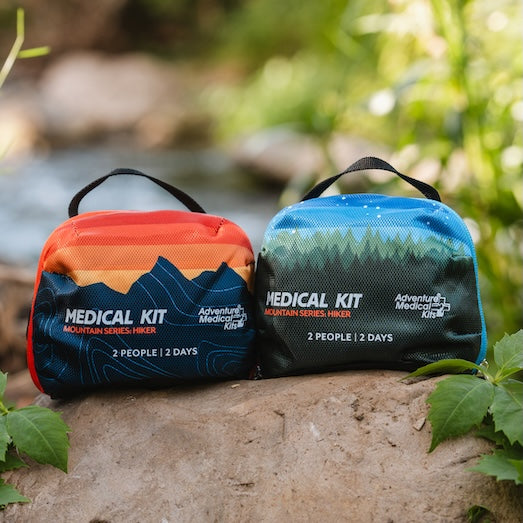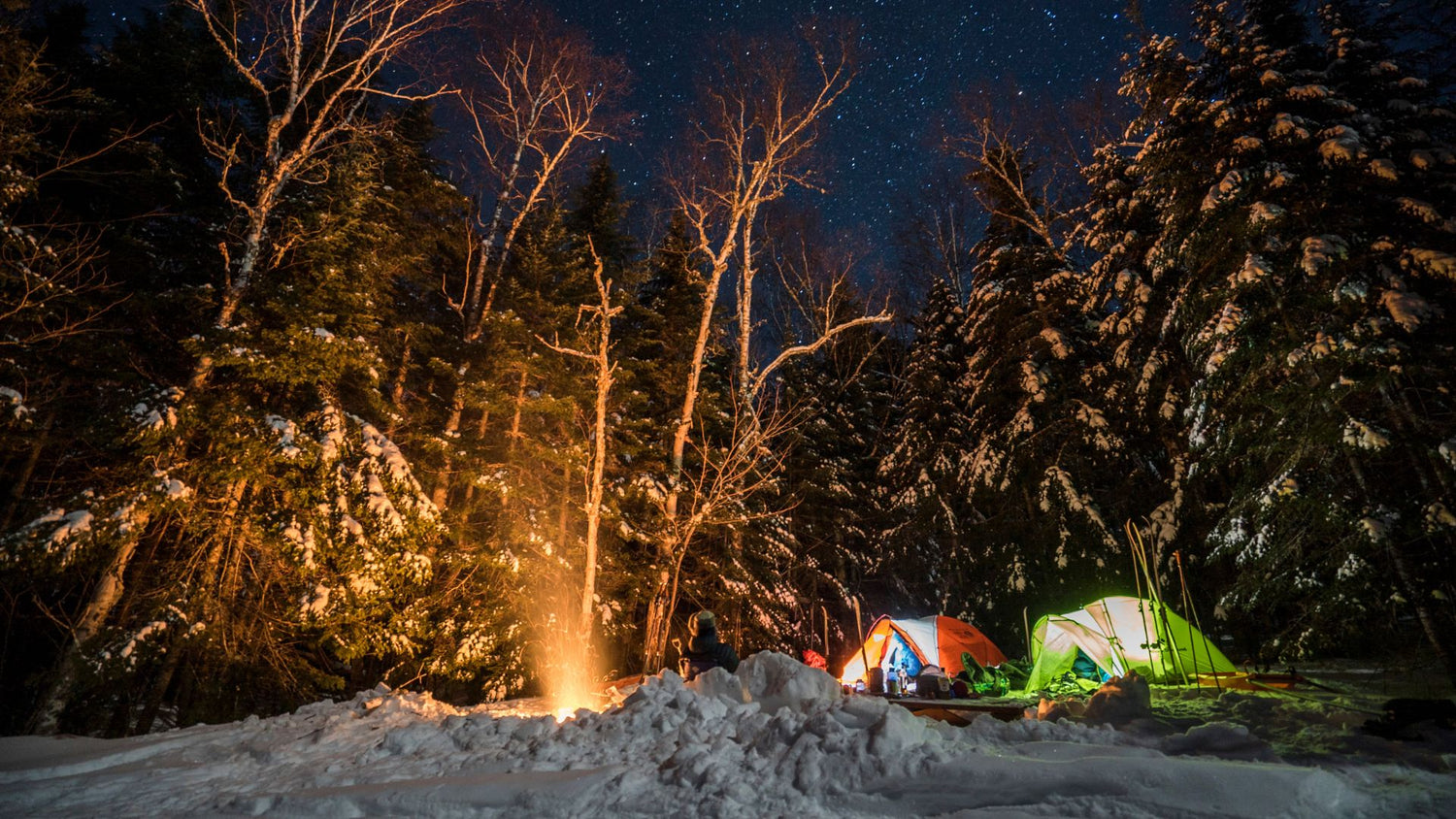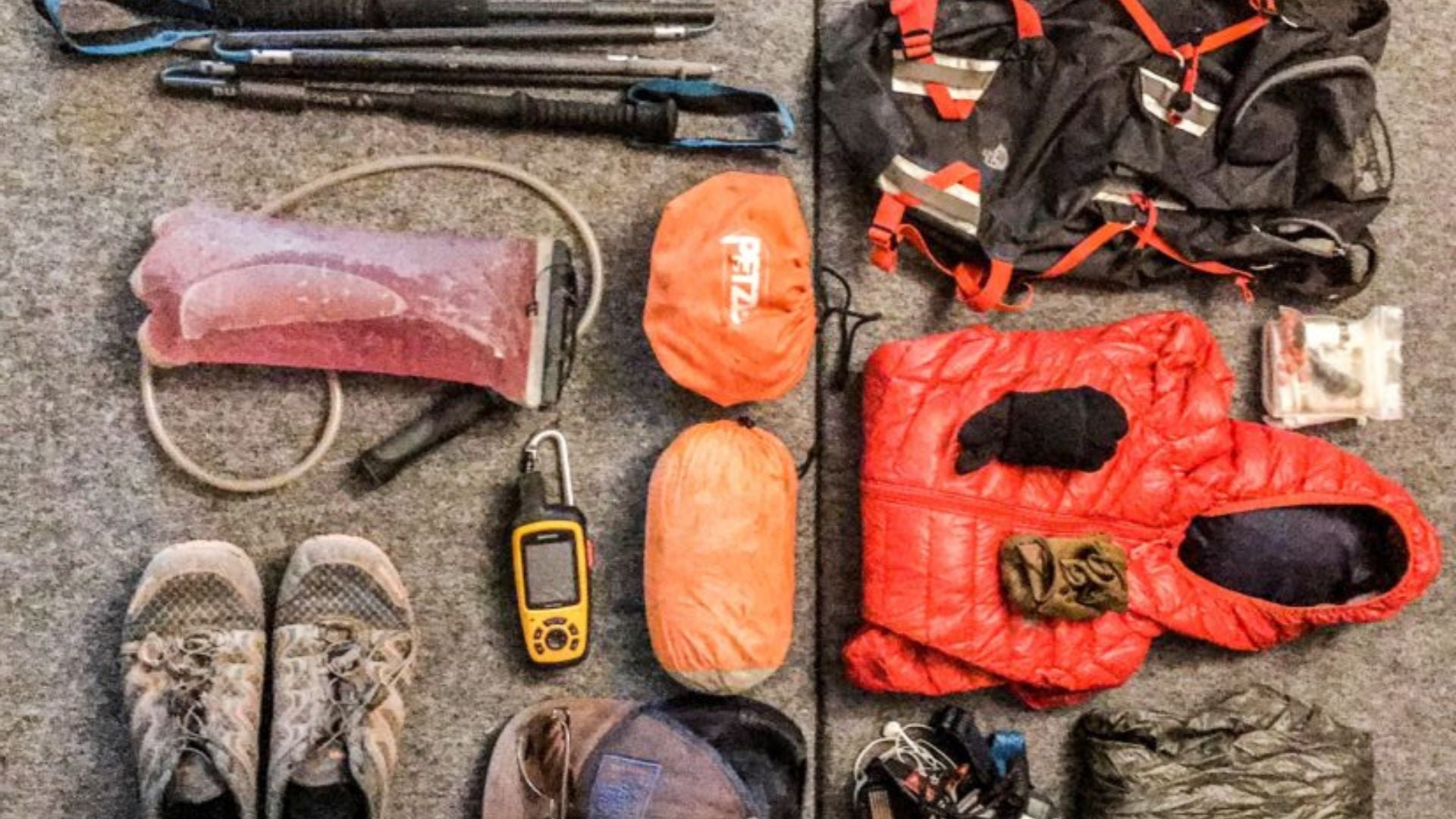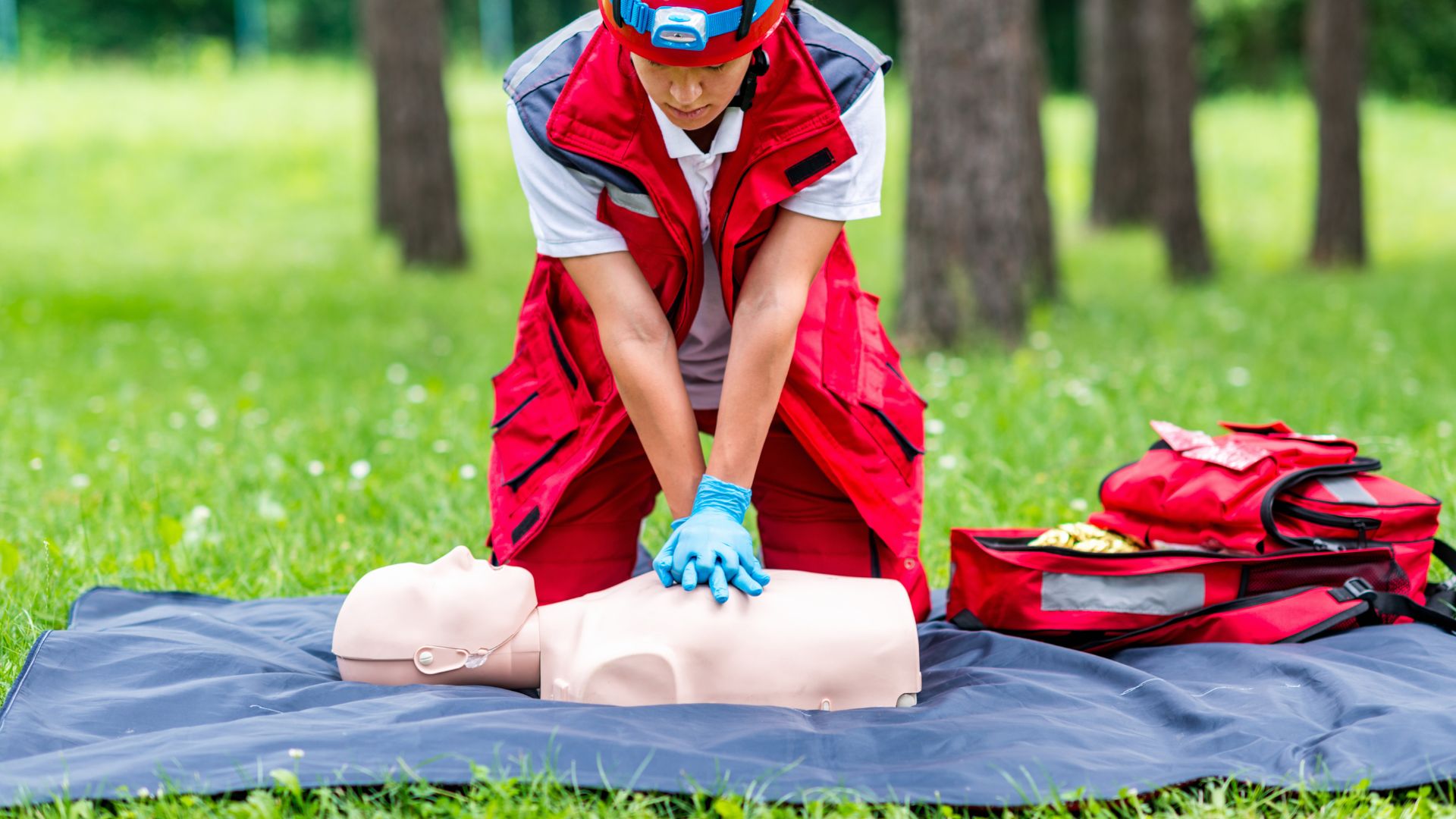Brian Threlkeld took an 8-day trip around Baxter National Park where he experienced some extreme conditions. During any trip no matter its duration it’s important to be prepared, we asked Brian to summarize his experience and give future hikers some advice on what to carry. Check out some of the key items that made his trip enjoyable and his advice for future adventurers.
While traveling for 8 days around Baxter State Park in northern Maine, we encountered many situations requiring diligence and preparedness. The mercury in the thermometer never rose above 20 degrees Fahrenheit. Most nights were single or double digits below zero, and we had to manage lots of frozen gear in the mornings.
The ability to have fires at night and in the morning allowed us to thaw out frozen gear and body parts. A reliable and trustworthy stove (JetBoil’s Joule) was critical for melting snow, boiling water and cooking meals. Without it, we would have had a very difficult time sustaining our energy and our morale. -20 degree sleeping bags and closed cell foam pads were crucial. Inflatable pads, even if they’re rated for winter temps, still have a tendency to deflate during the night, and the moisture trapped inside from blowing them up, compromises their warmth and their dryness.
We felt somewhat secure knowing we had the ability to make quick fires with the SOL Fire Lite Kit and having the SOL Escape Bivvy gave us the confidence to rewarm someone if a case of hypothermia arose. Thankfully we avoided most situations that required medical attention minus a few blisters here and there.
When you’re in the back country, it’s critical to have the knowledge and experience to handle the risks associated with activities you’re undertaking. In our case, we needed to stay warm, hydrated and fed. We used an ax and small saw to collect dead and down wood for fires, and paid extra special care to using sharp objects because we couldn’t afford any mishaps. Careful attention to water bottles was important to staying hydrated and staying safe. We boiled water at nights to fill bottles which were then put in our sleeping bags to act as a small and effective furnace. I highly recommend using hot water bottles to stay warm at night, and I HIGHLY recommend making sure the lids are securely fastened. Tighten the lid once, and then tighten it again. We thankfully had zero leaky water bottles in our sleeping bags, but because we tightened them so much, they were nearly impossible to open in the mornings. The solution, wave them over the stove in the morning, very quickly and lightly, to loosen up the caps. Just be careful to not melt them!
All in all our trip was fantastic. We skied over 70 miles through an amazing wilderness area of northern Maine safely and in good style. We traveled as a solid crew, helped each other when the going got tough, and made jokes when the going got really tough. Find people you trust when you go out into the woods, as your life could literally be in there hands at some point.
What do you think the most common injuries you could face during your trip and what items could of made a difference in the trip?
As long as you’re not doing anything stupid (though one could argue that winter camping is stupid, haha) the biggest concerns for injuries are blisters and cold injuries. If you feel hot spots on your feet, address them immediately by adjusting your socks, tightening or loosening your boots a bit, or applying duct tape to the hot spot to help reduce friction on the affected area. Keep gloves on while you’re doing things around camp (liner gloves come in handy for chores that require more dexterity) and I like to wear a Buff-type accessory that can quickly cover most of my face and add an extra layer of warmth to my ears and neck. If you’re traveling with a hat on and you’re getting hot, take the hat off, but perhaps use the Buff as an ear warmer. It’ll keep your ears from getting super cold but it will still allow heat to escape out the top of your head.
For the first time hiker what are necessities on the trip (any gear not just kits) that will make their trip easier and more enjoyable?
A warm sleeping bag, insulated puffy pants, a big warm down jacket and down booties are all key essentials to staying warm and actually enjoying winter camping. Closed cell foam pads are way better at keeping the ground from sucking your body heat out, they’re light weight, you don’t have to spend time blowing them up and then packing them away, and they’re completely fail-safe, unless of course you forget one in camp or lose one on the trail. Make sure that doesn’t happen by sweeping your campsites every time before leaving for the next camp.
Layering is also key. Make sure your next-to-skin layer is good at wicking (I love wool base layers in the winter) and be sure to temper your pace with your level of temperature. What that means is don’t go too fast because you’ll sweat way too much and when the wind blows, you’ll get cold. Make sure to have a wind resistant shell handy for when it gets gusty while you’re on the move, and make sure to have a good puffy jacket handy for rest breaks. Its way easier to get warm and stay warm then to get cold and try to re-warm. Put the puffy on right away at every break and take it off when you start moving again. The name of the game is temperature regulation with winter travel.
Make sure someone knows your itinerary before you leave. Have a plan on what to do if you know what hits the fan. Have some good first aid training. Know how to read a map and compass and don’t forget to bring them. We live in a day and age where everything is at the tip of your fingers on that cellphone, but when you’re out of range, you have to rely on yourself and your friends to face any mishaps or accidents. Your brain and self-reliance are the most important pieces of gear you can bring on any trip.
Fun tips, tricks and hacks you’ve learned while adventuring outdoors.
Use an electrolyte replacement tab in your water. It’ll taste better and keep you feeling more energized. They make caffeine tabs too which give you an extra boost when the going gets tough. Bring hand sanitizer. You don’t want to get any type of bug from gross stuff. Hand warmers are amazing.














